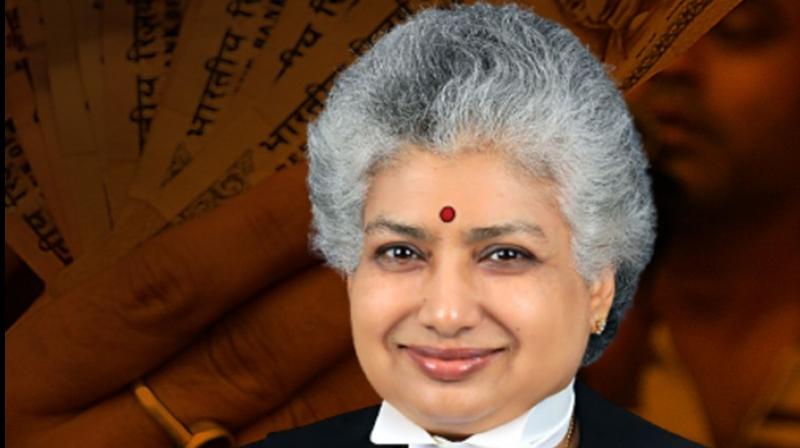
Supreme Court Stresses Concrete Evidence Requirement for Section 149 Cases, Emphasizing Common Object Proof
Last Updated on October 14, 2023 by News Desk
The Supreme Court emphasised the significance of concrete evidence in cases involving Section 149 of the Indian Penal Code, which deals with the vicarious liability of members of an unlawful assembly, to establish a common object.
The Supreme Court is currently hearing an appeal against a 2016 Punjab and Haryana HC ruling that upheld the appellants’ convictions under sections 302 and 149 of the IPC. The Maheshwari hamlet was the scene of a shooting in this case.
After a quarrel on “Dulhandi,” Ajay was critically injured by an unnamed rider of a bullet motorcycle. A police report (FIR) was made, and the suspects were found. Sections 148, 149, and 302 of the IPC, as well as Section 25 of the Arms Act, were all charged. In 2020, the High Court affirmed the judgement.
In Roy Fernandes v. State of Goa (2012), which underlined the requirement for the appellant to know the deceased’s murder was a foreseeable event in pursuit of a shared aim, the appellants asked the Supreme Court for advice. The conditions and the members’ behaviour will determine the response to this query.
Based on the rulings in Lalji v. State of U.P. (1989) and Dharam Pal v. State of U.P. (1996), the Supreme Court cleared the appellants in a case involving an unlawful assembly (1975).
The prosecution was judged to have failed to establish that the appellants had a shared interest with other participants in the alleged unlawful assembly, according to the court. An argument between Ravi and Nabbu, who threatened to murder Ajay, served as the catalyst.
The court found that the necessary components for conviction under Section 149 IPC were missing and that there was no proof tying the appellants to the victim or other accused parties. The appeals were dismissed, and the defendants were cleared.
Case Title: Naresh @ Nehru vs. State of Haryana
Written by: Srijan Raj



